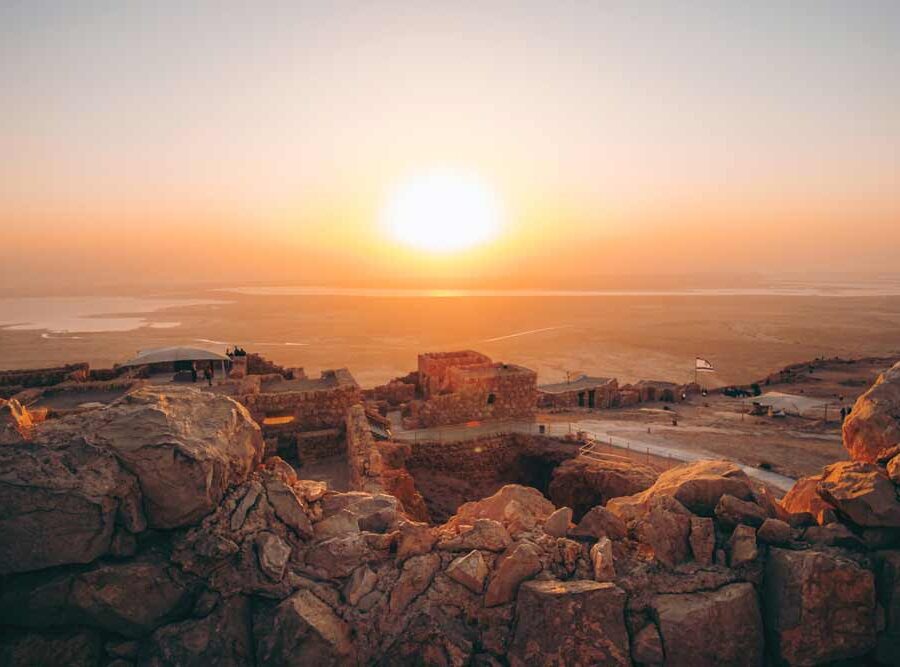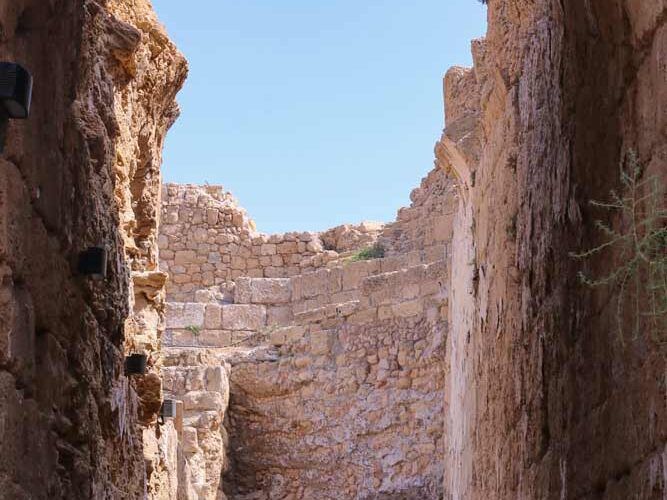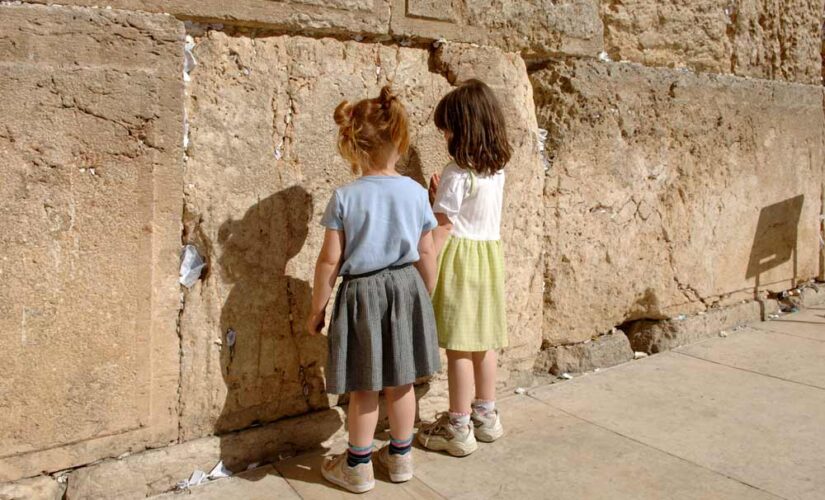Tzfat is a city in the Northern District of Israel. Located at an elevation of…
#01 We are able to fulfill the mitzvah of settling the land of Israel

Aliyah is an important Jewish cultural concept and a fundamental component of Zionism. It is enshrined in Israel’s Law of Return, which accords any Jew (deemed as such by halakha and/or Israeli secular law) and eligible non-Jews (a child and a grandchild of a Jew, the spouse of a Jew, the spouse of a child of a Jew and the spouse of a grandchild of a Jew), the legal right to assisted immigration and settlement in Israel, as well as Israeli citizenship. Someone who “makes aliyah” is called an oleh (m.; pl. olim) or olah (f.; pl. olot). Many religious Jews espouse aliyah as a return to the Promised land, and regard it as the fulfillment of God’s biblical promise to the descendants of the Hebrew patriarchs Abraham, Isaac, and Jacob. Nachmanides (the Ramban) includes making aliyah in his enumeration of the 613 commandments.
In the Talmud, at the end of tractate Ketubot, the Mishnah says: “A man may compel his entire household to go up with him to the land of Israel, but may not compel one to leave.” The discussion on this passage in the Mishnah emphasizes the importance of living in Israel: “One should always live in the Land of Israel, even in a town most of whose inhabitants are idolaters, but let no one live outside the Land, even in a town most of whose inhabitants are Israelites; for whoever lives in the Land of Israel may be considered to have a God, but whoever lives outside the Land may be regarded as one who has no God.”
Sifre says that the mitzvah (commandment) of living in Eretz Yisrael is as important as all the other mitzvot put together. There are many mitzvot such as shmita, the sabbatical year for farming, which can only be performed in Israel.
In Zionist discourse, the term aliyah (plural aliyot) includes both voluntary immigration for ideological, emotional, or practical reasons and, on the other hand, mass flight of persecuted populations of Jews. The vast majority of Israeli Jews today trace their family’s recent roots to outside the country. While many have actively chosen to settle in Israel rather than some other country, many had little or no choice about leaving their previous home countries. While Israel is commonly recognized as “a country of immigrants”, it is also, in large measure, a country of refugees, including internal refugees. Israeli citizens who marry individuals of Palestinian heritage, born within the Israeli-occupied territories and carrying Palestinian IDs, must renounce Israeli residency themselves in order to live and travel together with their spouses.
According to the traditional Jewish ordering of books of the Tanakh (Old Testament), the last word of the last book in the original Hebrew (2 Chronicles 36:23) is veya‘al, a jussive verb form derived from the same root as aliyah, meaning “and let him go up” (to Jerusalem in Judah).
2 Chronicles 36:22 (JPS) Now in the first year of Cyrus king of Persia, that the word of the LORD by the mouth of Jeremiah might be accomplished, the LORD stirred up the spirit of Cyrus king of Persia, that he made a proclamation throughout all his kingdom, and put it also in writing, saying: 23‘Thus saith Cyrus king of Persia: All the kingdoms of the earth hath the LORD, the God of heaven, given me; and He hath charged me to build Him a house in Jerusalem, which is in Judah. Whosoever there is among you of all His people—the LORD his God be with him—let him go up.’



